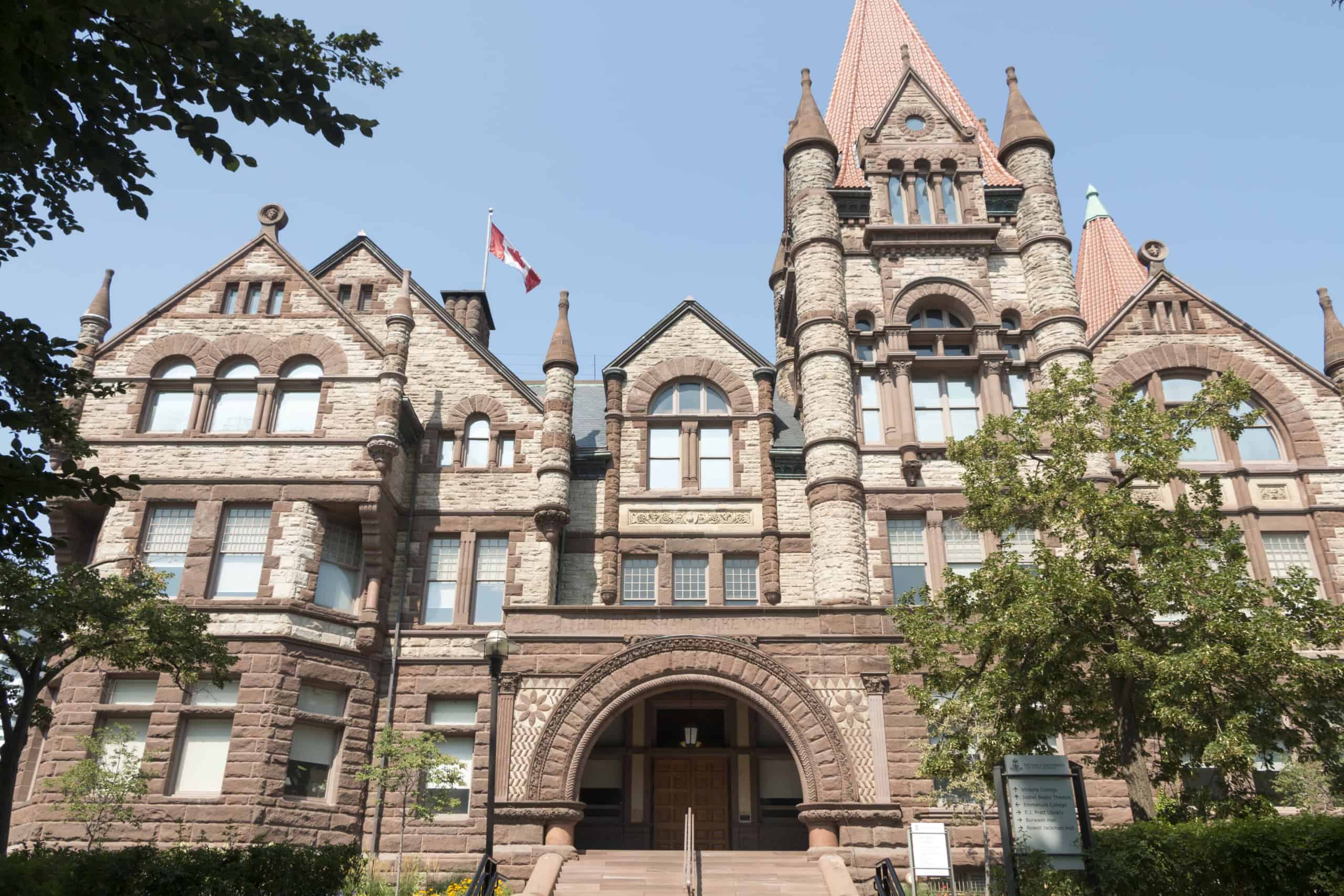Victoria College has reversed a recent decision to alter criteria for recipients of the Victoria University Students’ Administrative Council (VUSAC) BIPOC Leadership Award, which is meant for students who are Black, Indigenous, and people of colour (BIPOC). Under the short-lived change, racialized students who do not identify as Black or Indigenous were ineligible for the award.
In a message to donors motivating the initial change, the college wrote that it was unable to show whether such students experience “any disadvantages.” Following condemnation from VUSAC, which claimed that the change discounted the lived experiences of racialized students, Victoria College changed the requirements to again allow all racialized students to access the award.
The decision to exclude certain students of colour
The VUSAC BIPOC Leadership Award was established in 2021 through fundraising efforts spearheaded by VUSAC. These efforts led to the establishment of a $50,000 fund to be distributed by the Victoria University Senate in $1,000 increments to one or two students every year. The Senate chooses recipients based on their “involvement and service to others through positive and significant contributions to student life, the community at large, or both.”
Although the award was originally open to all racialized students, Victoria College updated the eligibility criteria to only include Black and Indigenous students. The college’s decision stemmed from Ontario’s policy on scholarships and awards, which only allows differential treatment that seeks to remove the “burdens or disadvantages” placed on certain groups.
“When Victoria College announced the VUSAC Leadership Award for BIPOC Students, a concern was flagged regarding whether or not the award was in compliance with the policies for award disbursement, and we adjusted the terms and title to focus on two of our priority groups, Black and Indigenous students,” wrote Sally Szuster, director of communications for Victoria College, in an email to The Varsity. The only race-based categories on the university’s Award Explorer website are Black and Indigenous students.
After members of VUSAC were alerted to the change, they released a video condemning both the college’s reasoning and its handling of the situation. VUSAC objected to students having to prove the existence of racism against racialized people.
“My labour alone should be proof enough, as I am standing here trying to justify my own daily experiences and the experiences of my peers,” said Jerico Raguindin, the president of VUSAC, in the video posted on social media.
In an interview with The Varsity, Raguindin also commented on the emotional impact this change has had on him as a student of colour. “It’s been the roughest weeks as a student this year,” he said. “We have to prove — time and time again — the racism we face.”
Raguindin acknowledged that racism against Black and Indigenous students is clearly distinct from that against other racialized students. He argued, however, that the award originally intended to address racialization of all people. “If Vic wanted to create an award for Black and Indigenous students, they have more than enough funds, alumni, [and] influence to create an award rather than chop off the legs of an existing one.”
VUSAC also took issue with the way the college communicated the change, saying that Victoria College did not reveal what race-based data informed their decision. Additionally, clarification was only provided to donors and to VUSAC — whom the college consulted on the name for the updated award. Raguindin said that the college should have communicated the change clearly and directly to students and that the lack of communication forced VUSAC to do the work of informing students about the change.
Reversal of the decision
In response to the video and a VUSAC-led petition calling on Vic to make all racialized students eligible for the award and release an apology, the college backtracked. Szuster wrote that the college discussed the decision with students and staff, and consulted with a lawyer. Following these consultations, it decided to once again open up the award to students of colour who do not identify as Black or Indigenous.
“We are pleased that the advice we received aligned with the expressed views of students, and also with our original intent in creating and naming the Leadership Award for BIPOC students as part of our ongoing effort to address systemic discrimination against BIPOC people,” wrote Szuster.
However, Raguindin called for Victoria College to do more beyond reversing the decision. “I’m happy they made the change back to what it should have been and should have stayed as in the first place. However, my happiness ends there,” he wrote, in an email to The Varsity. “Vic needs to acknowledge that their initial change was egregious and harmful.” He also called on Victoria College to apologize for the initial change.
“They must show that donors and students of colour can trust them, proved with public changes in their practices, policies, and procedure. What’s stopping them from rescinding their feeble allyship in the future when it suits or troubles them?”


